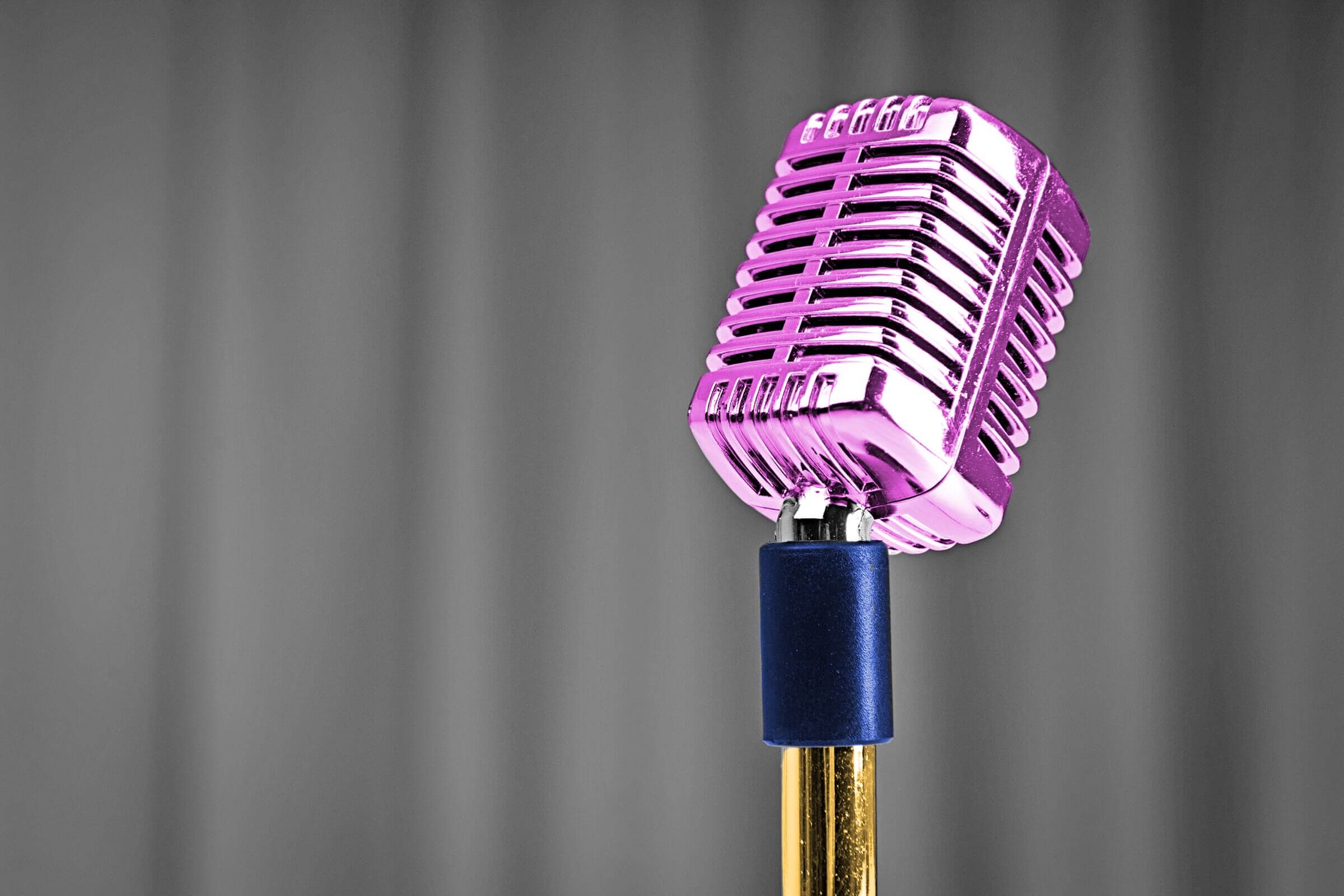

Many famous moments in history — whether they involve inspiring troops before a battle or inspiring a nation against injustice — involve equally inspiring speeches. Spoken by Presidents, activists, wartime leaders, and abolitionists, these famous speeches live on decades after they were delivered. Here are seven amazing facts about them that will make them seem even more remarkable.
The Gettysburg Address Is Only Two Minutes Long

Abraham Lincoln’s famous Gettysburg Address looms large in American history, but the speech itself is very short. On November 19, 1863, only four and a half months removed from the bloody Battle of Gettysburg, a crowd gathered to hear the President’s remarks at the official dedication of the Soldiers’ National Cemetery (now Gettysburg National Cemetery). The speaker before Lincoln, a famous orator named Edward Everett, had delivered a two-hour-long speech, which means the crowd might have been ready for something shorter. At only 272 words (about two minutes long when spoken), Lincoln’s Gettysburg Address masterfully encapsulates the unimaginable anguish of a nation at war with itself, but also that same nation’s hope to persevere through the bloodshed. After the speech, Everett admitted to Lincoln, “I should be glad, if I could flatter myself, that I came as near to the central idea of the occasion in two hours, as you did in two minutes.”
Martin Luther King Jr.’s “I Have a Dream” Refrain Was Improvised

Around 4 a.m. on August 28, 1963, civil rights leader Martin Luther King Jr. finished the final draft of his famous “I Have a Dream” speech. There’s just one problem with that title: Those words appeared nowhere in his prepared remarks. Hours later, King stood before the Lincoln Memorial — a century removed from Lincoln’s Emancipation Proclamation — and addressed a crowd of more than 200,000 people. In previous speeches from Birmingham, Alabama, to Detroit, Michigan, King had evoked the imagery of a dream of racial equality, but had no intention of revisiting that dream on that hot day in August. That is, until Mahalia Jackson, one of the world’s greatest gospel singers, who had performed earlier in the day, urged him on, yelling from offstage: “Tell ’em about the dream, Martin.” Then, according to one MLK speechwriter, King pushed aside his prepared text, grabbed the podium, and launched into those famous words that echo through history.
FDR’s “Fear Itself” Line Was Likely Inspired by Henry David Thoreau

On March 4, 1933, with the country in the grips of the Great Depression, newly elected President Franklin Delano Roosevelt delivered his first inaugural address, uttering the famous phrase that served as a bulwark against the dark days ahead: “The only thing we have to fear is fear itself.” Although the words perfectly fit the times, they were likely first written more than 80 years before by transcendentalist writer Henry David Thoreau. In a journal entry dated September 7, 1851, Thoreau wrote: “Nothing is so much to be feared as fear.” Historians haven’t made a direct connection between Thoreau and Roosevelt’s famous line, but when First Lady Eleanor Roosevelt was asked about the phrase’s possible origin, she guessed he had discovered it in a collection of Thoreau’s writings that he had with him in Washington.
Winston Churchill’s “We Shall Fight on the Beaches” Speech Was Not Broadcast

The dramatic conclusion to the 2017 Oscar-winning war drama Darkest Hour, a film that follows Winston Churchill as Britain descends into World War II, places the prime minister’s famous “We Shall Fight on the Beaches” speech front and center. Although it was a rallying cry for members of the U.K. Parliament to continue the fight, the British public didn’t hear Churchill’s stirring words, originally delivered on June 4, 1940, until years after the war.
Despite not being broadcast at the time, the speech was well-received, with one member of Parliament writing in a letter that it was “the finest speech that I have ever heard.” Today Churchill’s words encapsulate Britain's dogged determination in the face of overwhelming odds as well as Churchill’s firm belief that the U.S. needed to join the Allied cause.
Ronald Reagan’s “Tear Down This Wall” Line Was Almost Cut From the Speech

Arguably the most famous words uttered during the four decades of the Cold War came on June 12, 1987. Standing before the Brandenburg Gate in Berlin — a city still divided by the 27-mile-long Berlin Wall — President Ronald Reagan posed a challenge to the leader of the Soviet Union: “Mr. Gorbachev, tear down this wall.”
However, those words were almost never said. Weeks earlier, Reagan speechwriter Peter Robinson flew to Berlin to interview locals about the Berlin Wall. With strong support for its removal, Robinson was determined to mention the wall’s destruction in the speech. Many officials and aides fought against the line, however, thinking it “unpresidential.” The line remained — the wall, of course, did not.
JFK Prefaced His “We Choose to Go to the Moon” Line With a Football Joke

One of John F. Kennedy’s most famous speeches arrived on September 12, 1962, at Rice University Stadium in Houston, Texas. With the famous phrase “we choose to go to the moon in this decade and do the other things, not because they are easy, but because they are hard,” Kennedy’s words committed the U.S. to besting the Soviet Union in the ongoing space race. But an often overlooked legacy of Kennedy’s speech comes directly before that famous line. Comparing the moon mission to other human feats, Kennedy questioned why we climb Everest, fly across the Atlantic, and “why does Rice play Texas?” The joke, added by the President himself, got a rise out of the audience at the time, but according to ESPN, those five words added some serious fuel to the long-standing football rivalry.
Sojourner Truth’s “Ain’t I a Woman” Speech Likely Didn’t Contain That Phrase

On May 29, 1851, Sojourner Truth — a former enslaved woman, abolitionist, and women’s rights activist — delivered her famous “Ain’t I a Woman” speech at the Women’s Convention in Akron, Ohio. In the speech, Truth powerfully advocated for the right of Black women to be involved in the fight of American women for equality. Although history knows Truth delivered a powerful oration at the convention, the only surviving versions of the speech come from secondhand accounts. The oldest account of the speech, transcribed weeks later by a journalist who attended the convention, makes no mention of the famous “Ain’t I a Woman” line, whereas a later 1863 version repeats the phrase frequently. Whether Truth uttered the words or not, the message is one that still resonates today.
